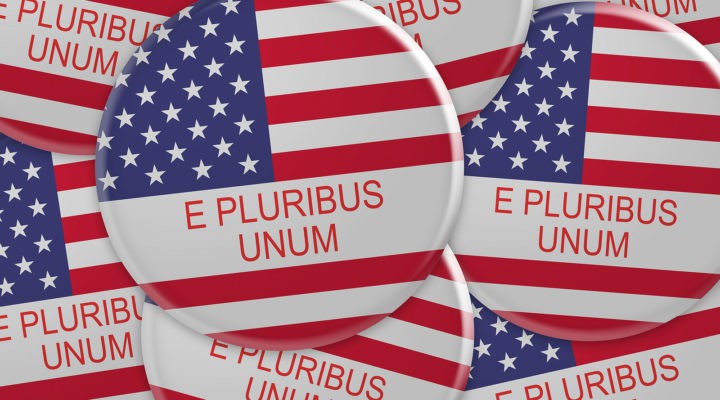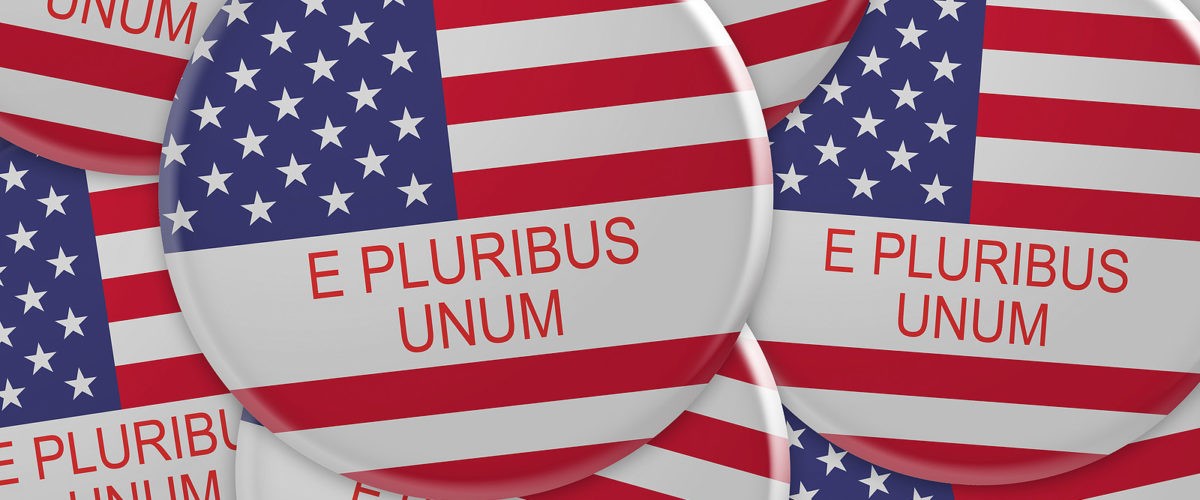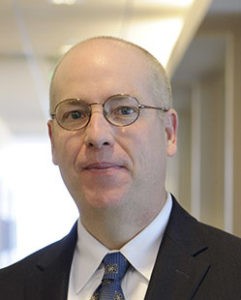As drenched as I am in unmerited privilege — as a white, heterosexual, male, American citizen of above-average means — I know I am placed at much less personal risk than many of my neighbors by Donald Trump’s election.
That fact hasn’t brought me much comfort, though.
Instead, when I pause from worrying about my less-privileged neighbors and loved ones, I feel only an oppressive sense of displacement. That displacement stems in no small part from the realization that I, as a lifelong American citizen, am now much more likely to burn an American flag as an act of conscience than I am to stand and salute it as a sign of respect.
This stems in even greater part from an unshakeable sense that, as a white American Christian, the tragedy isn’t that I live in a post-Christian culture. It’s that America’s white churches have, themselves, entered a post-Christian phase.
If confession is truly good for the soul, then know I cannot currently summon up any love or affection for the great bulk of my fellow white American Christians. Instead, I feel only bitter disappointment and anger.
I cannot fathom meaningful fellowship or spiritual unity with people who bank on their faith as personal “Get Out of Hell Free” cards but who refused to carry that same faith into the voting booth in active service of the “least of these among us.”
“America’s white churches have, themselves, entered a post-Christian phase.”
Worse yet, Donald Trump has plainly told us, and shown us, who he is. There is little in that regard that has the capacity to shock me at this point, given the extent to which he plumbed the depths of racism, xenophobia, homophobia and misogyny as the steady drumbeat of his campaign.
What still has the power to shock and grieve are self-confessed Christians who took personal ownership of those exact same values through their affirmative responses at the ballot box to Trump’s twisted perversion of an altar call.
If you believe Christ is calling us to be “great again” by shredding migrant families through forced deportation, through demonizing people based on their race or sexuality, through caring more about our guns than our children, in continuing to poison rather than care for God’s creation, or in building the wealth of billionaires by slashing the funding of the social safety nets meant to lift our poorest neighbors out of their crushing poverty, I’m afraid we have a fundamental theological difference, not simply a political one.
The problem isn’t just that we voted for different candidates. It’s that we apparently are worshipping different Christs.
By way of further confession, this feeling of displacement is coupled with a creeping sense of despair as I try to imagine a path forward in community with people who heard Donald Trump’s call and responded “yes.” If you believe, as I do, in the power of Christ’s first coming rather than focusing solely on his promised return — and hold to a faith that teaches Christ already has ushered in the kingdom of God and has called us to work for the inbreaking of that kingdom in the grimy here-and-now and not just in the sweet by-and-by — there is much work to be done, and now is no time to let go of the plow.
But here, all those lessons I learned as a child at the feet of Miss Annie Mae DeLay within the Jesus-poster-covered cinder block walls of an early 1970s Southern Baptist Sunday school classroom seem to fail me.
For example, I love the Parable of the Good Samaritan, who courageously and at personal cost put an injured man on his donkey and carried him to safety. What do we do, though, when our donkey isn’t big enough? How do we seek to prevent, and then repair, all the horrific harm that soon will be inflicted on our neighbors by a second Trump administration? How do we continue to pray and sing hymns with people who deliberately enabled that harm to be done with their votes?
I wish I had answers rather than questions, but I do think I see at least part of the path forward, and it is a road filled with both pitfalls and possibilities.
“How do we continue to pray and sing hymns with people who deliberately enabled that harm to be done with their votes?”
First, I don’t think we can restore unity within America’s white churches in any meaningful and lasting sense without honestly speaking what we believe to be true about the recent election, about the sin we perceive in Christians having supported Donald Trump’s blighted agenda through their votes, and about the real harm thereby done to our neighbors.
That also will, of course, entail the hard work of listening carefully in return to those with whom we disagree as we seek reconciliation. But, if what we want is true restoration of fellowship rather than a mere superficial lack of open conflict, our badly fractured white American churches need more salt and light, not less, even if that tends at least to temporarily sting our wounds and dazzle our vision.
Conversely, we cannot afford to take the easy path of glibly forgiving our brothers and sisters for voting for Trump without first doing the hard work of acknowledging the harm done and seeking to redress the real-life damage inflicted on our neighbors. To borrow from Phuc Luu’s excellent “Jesus of the East,” taking that seemingly comfortable and easy path would pervert the gospel, stripping it of its intended function of bringing healing and restoration to the persecuted and oppressed and turning it, instead, into a mere tool of cheap grace for those who wrongly inflicted the harm.
Second, like Saint Paul, if we first go to our churches but find them ultimately unmoved and uninterested in addressing the harm that has been done, and will be done, by the election of Donald Trump, we must be willing to remain engaged in the life of the church but also actively seek out new partners in our holy calling of caring for all of God’s children regardless of their race, gender, sexual identity or immigration status.
Like Saint Paul, I think we will find Christ has gone on before us, touching hearts and filling them with love of neighbor in a way that has left them building the kingdom of God even if they do not see themselves as Christian.
In the end, it is that shared holy impulse of love, rather than the mere label of “Christian,” that may help us find restored community and a path forward in honoring God and loving our neighbors.
Conversely, and to quote John Stott for perhaps the first and last time ever, “The essence of apostasy is changing sides from that of the crucified to that of the crucifier.”
In that sense, I am increasingly fearful but convinced that, at least in today’s America, the true church, and those most clearly following the call of Christ, may often be more readily found outside, rather than inside, our churches’ walls.
Chris Conley is an attorney and graduate of the University of Georgia and of the Emory University School of Law. He and his wife, Mary, live in Athens, Ga., where both are members and deacons at First Baptist Church. They have one son, Aaron, who also is an attorney, and a miniature schnauzer, Oso, whose career path remains uncertain.
Related articles:
What is left is to resist | Opinion by Susan Shaw
Why we should know better about political idolatry | Opinion by James Ellis
Justice is always coming | Opinion by Darrell Hamilton
Democracy 2025 coalition will challenge Trump and Project 2025



